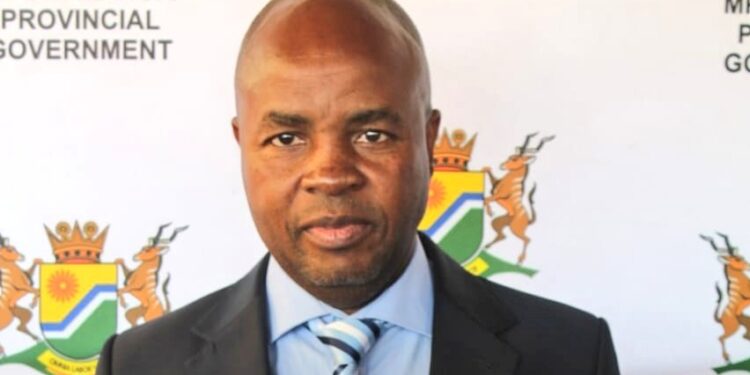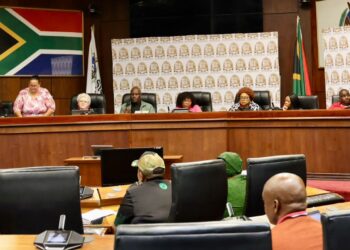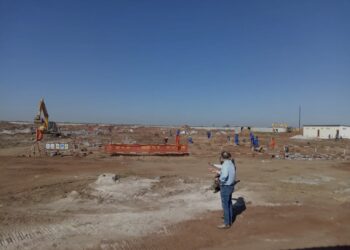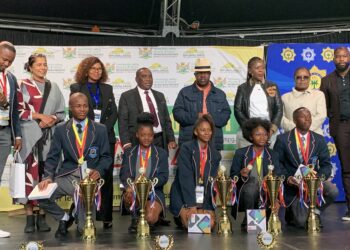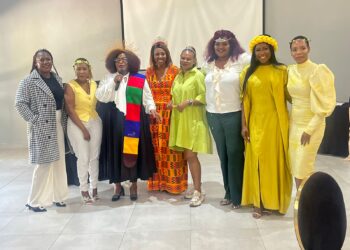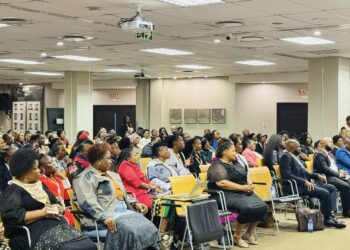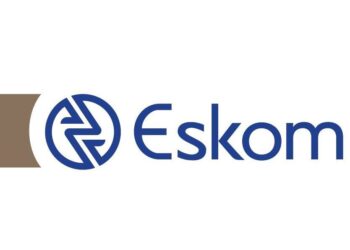MPUMALANGA – Premier Mandla Ndlovu officially launched the Provincial G20 Education Summit in White River on Thursday, April 24, 2025, as part of South Africa’s 2025 G20 presidency. Held at the ANEW Hotel, the summit focused on education as a key factor for empowering the province’s marginalised communities. Educators, policymakers, and global stakeholders discussed pressing issues, including the 9% graduate unemployment rate, digital inequalities, and poverty.
In his keynote address, Ndlovu tied the province’s struggles to both national and global education goals, stressing that “education remains the great equaliser.” He reflected on the legacies of Nelson Mandela and Oliver Tambo, who believed education could drive personal development. “The son of a miner deserves the same opportunities as the child of a CEO,” Ndlovu declared, highlighting the systemic barriers faced by rural and low-income students.
While Mpumalanga saw a significant increase in the matric pass rates for the class of 2024, the premier acknowledged the province’s youth unemployment crisis, pointing to a mismatch between classroom learning and industry needs.
To address resource shortages in rural schools, Premier Ndlovu highlighted the distribution of 158,000 tablets to Grade 10 and 12 learners. This initiative aims to address the lack of shared textbooks and inadequate infrastructure in schools with limited connectivity. However, some critics argue that infrastructure improvements are also needed to complement these efforts.
In a landmark announcement, Ndlovu confirmed the long-awaited construction of a school for the deaf and blind. The project, which has been delayed for years despite several State of the Province Address (SOPA) commitments, was welcomed by disability advocacy groups in attendance. “This institution will finally rise from the dust,” Ndlovu vowed, drawing applause.
As Mpumalanga struggles to fill specialised roles in its industries, the premier called for stronger ties between schools, universities, and employers. “Companies cannot find qualified candidates while our graduates sit at home,” he admitted, urging summit delegates to prioritise vocational training and STEM education.
Addressing recent controversies, including the “22 laptops” scandal and alleged procurement irregularities, Ndlovu assured attendees that “transparency will prevail,” acknowledging the widespread public distrust in government initiatives.
The summit’s agenda aligns with South Africa’s G20 priorities: quality foundational learning, mutual recognition of qualifications, and education for a rapidly changing world.
Drawing parallels between Mpumalanga’s role in the G20 and its 2010 FIFA World Cup hosting, Ndlovu noted the province’s potential to contribute to South Africa’s global image. “We are ready to prove ourselves again,” he said, emphasising the province’s natural beauty and cultural heritage.
In closing, the premier honoured the late Pope Francis as a “champion of empathy” and reiterated his commitment to equitable outcomes. “This Indaba is not about speeches; it’s about solutions,” he said, challenging the delegates to develop actionable plans.











